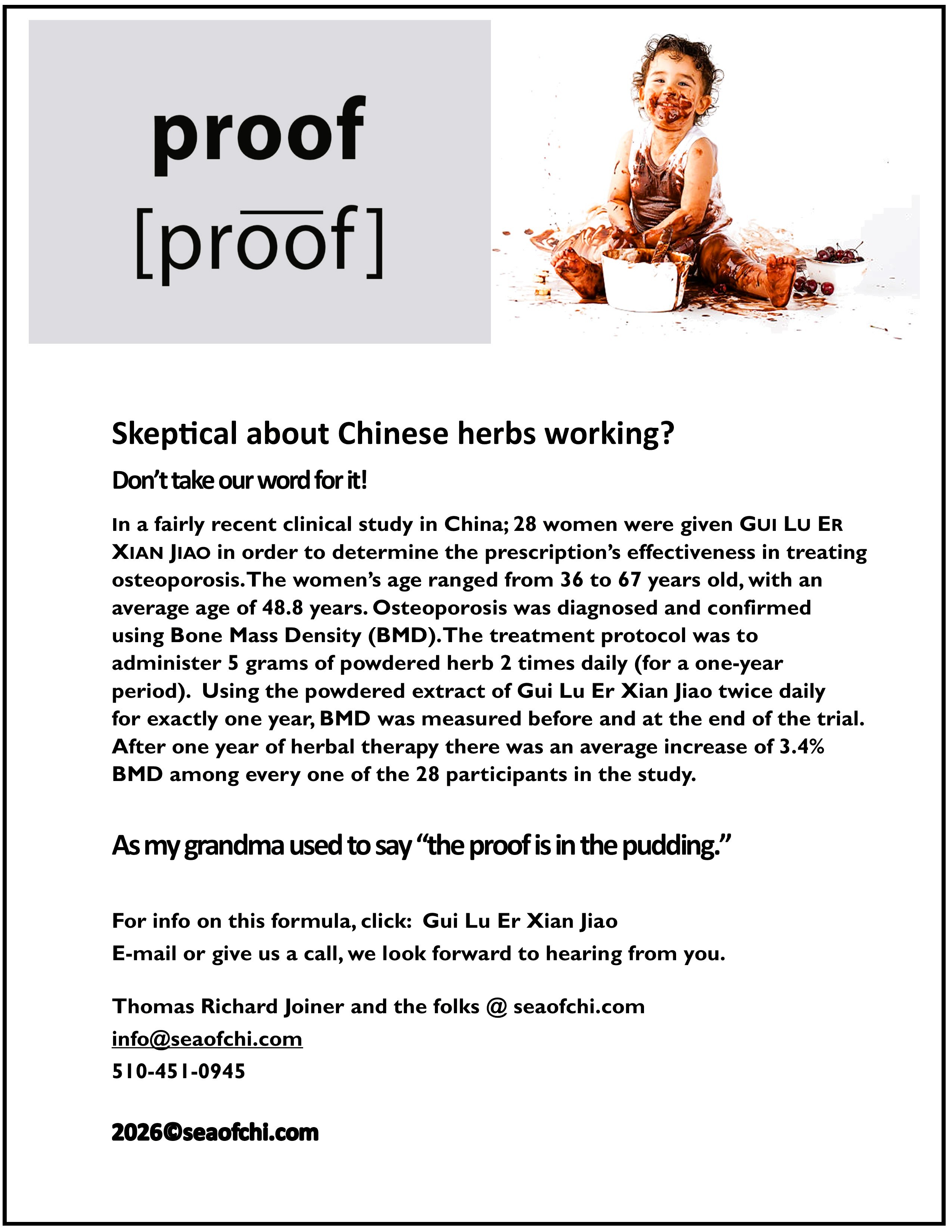Shopping Cart
0 item(s) - $0.00Stress and Anxiety Relief
 Let Chinese herbs help you manage that stress!
Let Chinese herbs help you manage that stress!
帮助管理压力
A leading contributor to stroke and heart attack—stress robs your body of its nutrients and vital energy. The long list of diseases known to be stress-related such as hypertension, gastrointestinal disorders, migraine headaches and the number one cause of death in the US, heart disease—clearly point out the profound effect that stress has on our overall physical health.
- Don’t let a high paced lifestyle stress you out! When we consider the constant pressure of modern society, managing one’s emotions is easier said than done, but we must overcome the inability to cope and develop a wholesome mental attitude if good health and long-life are going to be realistic expectations. Many factors can interfere with a person’s mental well-being. They range from mundane daily activities to significant life events such as the death of a loved one, divorce, childbirth, or ill health. Developing techniques for managing the minor stress that is a part of our daily affairs is fairly easy. What is more challenging is acquiring the ability to manage major emotional trauma that result from deep emotional life experiences. Doing so usually requires drawing upon spiritual resources. When these stressful situations are left unresolved, they become progressively worse, injuring physical health and developing into more serious mental disorders such as anxiety, depression or post-traumatic stress syndrome.
- How can we manage stress? Of course, the first order of business in managing stress is to identify the source or underlying cause. Once this is done, certain relaxation techniques can be applied whenever the causative circumstances occur. These techniques, designed to bring about a state of physical and mental calm, focus on regulating breathing, relaxing muscle tension, and subjugating mental activity. Even though the techniques employ the same principles used in meditation, the user need not be religious to experience the physical benefits provided by practicing them. To be sure, however, utilizing the spiritual component of meditation is also highly recommended. Chinese medicine believes that the practice of meditation for nurturing the spirit as well as reducing stress levels is a key factor in maintaining the mental and physical well-being required to live a long life. Chinese medicine’s theory concerning the relationship between stress and disease is demonstrated by the fact that stress levels are always considered as a part of any diagnosis when determining the root cause of physical disease, and more often than not meditation is part of the curative recommendation.
Realizing that there are differences in physical capability, Chinese medicine offers a variety of meditative postures that can be useful regardless of one’s current state of health. For the most debilitated, reclining meditation is an option, followed by sitting, kneeling, standing, walking, and moving meditation—more popularly known as Tai Chi Chuan.
Can herbs calm my stress levels? Along with choosing a form of meditation, the use of herbs for reducing stress and enhancing the mediation process will offer some form of relief. Herbal formulas that have a long-history of use for relaxing the body and calming the mind are known to have a sedative effect and can be used several different ways: more generally, for reducing agitation, abating restlessness, and diminishing mental hyperactivity or simply as an adjunct to intensify meditation. Below you will find information on herbal formulas which we have found to be very helpful for reducing stress levels and enhancing meditation; click on the links for more information.
It has been said, “You are what you eat.” To that we might add: you are what you think, and what you think has a profound effect upon your state of health. Long-term use of these formulas is highly recommended.

All Rights Reserved | © Sea of Chi 2026 | Web Design Company - DreamCo Design
The statements made have not been evaluated by FDA. Our products are not intended to diagnose, treat, cure or prevent any disease.











